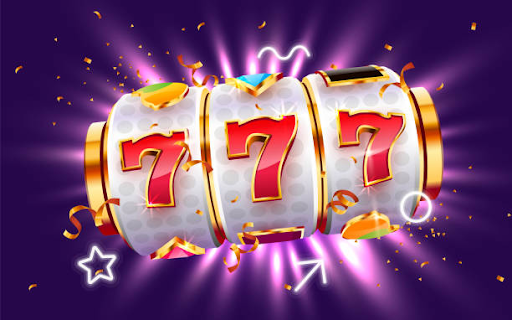An online casino’s reputation rests on one critical pillar: fairness. To ensure that every game is unbiased and that players have a genuine chance of winning, the industry relies on a combination of advanced technology and rigorous, independent testing. This transparency is what builds the trust between players and the sweet bonanza gaming platforms they choose.
The Foundation: The Random Number Generator (RNG)
At the heart of every fair online casino game is the Random Number Generator (RNG). This is a complex algorithm that produces a sequence of numbers that is completely random and unpredictable. For games like slots, the RNG determines which symbols land on the reels. For table games, it dictates the outcome of a card dealt or a roll of the dice. The RNG runs continuously, even when no one is playing, ensuring that every game outcome is entirely independent of the last, with no discernible patterns.
The Watchdogs: Independent Testing Agencies
While the RNG provides the technical framework for fairness, its integrity must be verified by independent, third-party organizations. These testing agencies are experts in the field and are trusted by regulators and players to ensure games are not rigged.
Major testing agencies in the industry include:
- eCOGRA (eCommerce Online Gaming Regulation and Assurance): One of the most well-known names, eCOGRA provides comprehensive testing of casino software and systems, focusing on fair gaming, player protection, and responsible operator conduct.
- Gaming Laboratories International (GLI): A global leader in testing and certification, GLI performs a wide range of evaluations on gaming software, including the randomness of RNGs and the accuracy of game rules.
- iTech Labs: This agency specializes in the certification of online gaming systems, performing tests to ensure that game outcomes are truly random and the Return to Player (RTP) percentages are mathematically correct.
These agencies conduct extensive and statistically sound tests. They may run a game millions of times to verify that the outcomes are within the expected probability range and that the declared RTP is accurate. If a game passes these rigorous tests, the agency issues a certificate of fairness, often displayed on the casino’s website as a seal of approval.
Licensing and Regulation: The Legal Framework
In addition to third-party testing, online casinos must hold a valid license from a reputable governing body. This license serves as a legal mandate, requiring the casino to adhere to strict regulations concerning player protection, security, and fairness. Regulatory authorities, such as the UK Gambling Commission or the Malta Gaming Authority, oversee licensed casinos to ensure they are compliant and hold them accountable for their practices.
What to Look for as a Player 👀
For a player, identifying a fair and trustworthy casino is straightforward. You should always look for a casino’s license number, which is typically found at the bottom of its homepage. More importantly, look for the seals of approval from independent testing agencies like eCOGRA or GLI. These seals are a clear indicator that the games have been independently audited and are certified as fair. This combination of a licensed operator and certified software provides the assurance that the gaming experience is both transparent and secure.



